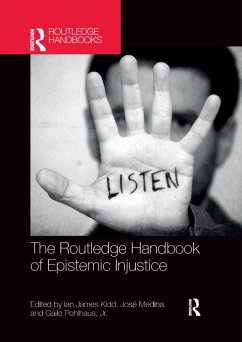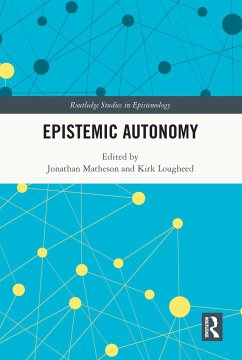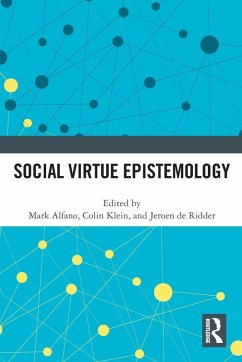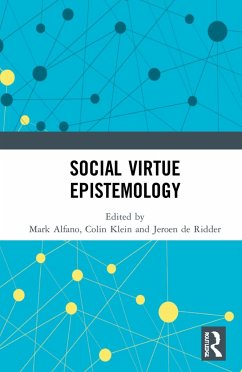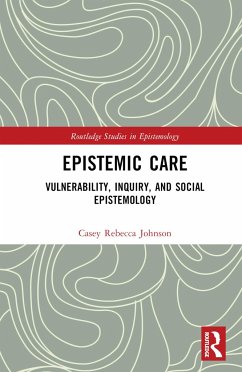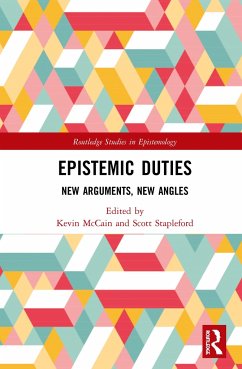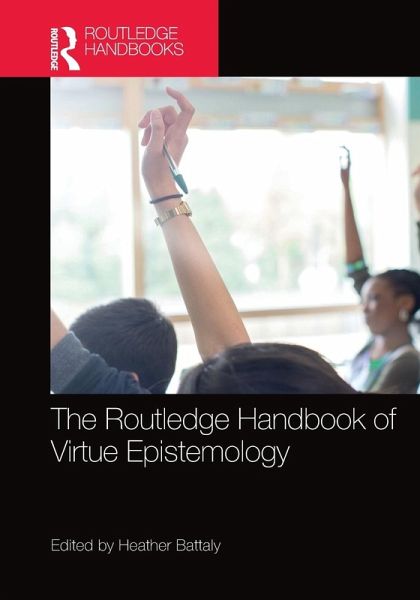
The Routledge Handbook of Virtue Epistemology
Versandkostenfrei!
Versandfertig in 6-10 Tagen
53,99 €
inkl. MwSt.

PAYBACK Punkte
27 °P sammeln!
What is an epistemic virtue? Are epistemic virtues reliable? Are they motivated by a love of truth? Do epistemic virtues produce knowledge and understanding? How can we develop epistemic virtues? The Routledge Handbook of Virtue Epistemology answers all of these questions. This landmark volume provides a pluralistic and comprehensive picture of the field of virtue epistemology. It is the first large-scale volume of its kind on the topic. Composed of 41 chapters, all published here for the first time, it breaks new ground in four areas.It articulates the structure and features of epistemic virt...
What is an epistemic virtue? Are epistemic virtues reliable? Are they motivated by a love of truth? Do epistemic virtues produce knowledge and understanding? How can we develop epistemic virtues? The Routledge Handbook of Virtue Epistemology answers all of these questions. This landmark volume provides a pluralistic and comprehensive picture of the field of virtue epistemology. It is the first large-scale volume of its kind on the topic. Composed of 41 chapters, all published here for the first time, it breaks new ground in four areas.
It articulates the structure and features of epistemic virtues.
It provides in-depth analyses of 10 individual epistemic virtues.
It examines the connections between epistemic virtue, knowledge, and understanding.
It applies virtue epistemology, and explores its impact on related fields.
The contributing authors are pioneers in the study of epistemic virtue. This volume is an outstanding resource for students and scholars in philosophy, as well as researchers in intersecting fields, including education, psychology, political science, and women's studies.
It articulates the structure and features of epistemic virtues.
It provides in-depth analyses of 10 individual epistemic virtues.
It examines the connections between epistemic virtue, knowledge, and understanding.
It applies virtue epistemology, and explores its impact on related fields.
The contributing authors are pioneers in the study of epistemic virtue. This volume is an outstanding resource for students and scholars in philosophy, as well as researchers in intersecting fields, including education, psychology, political science, and women's studies.






